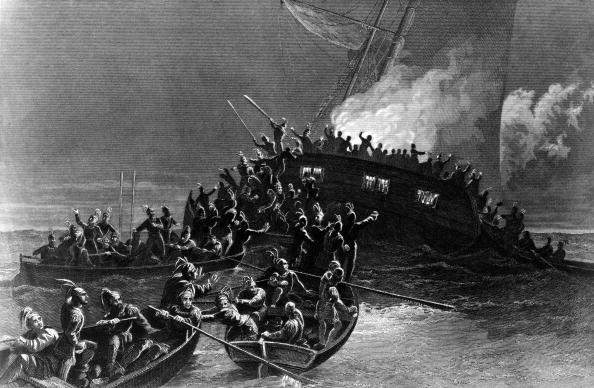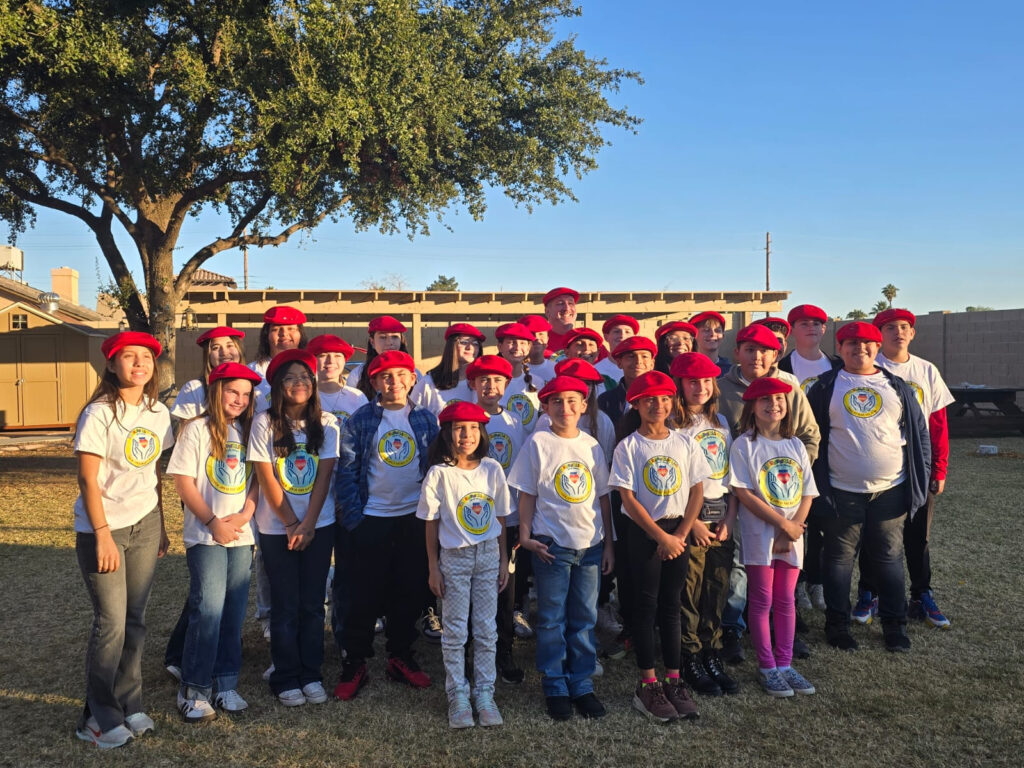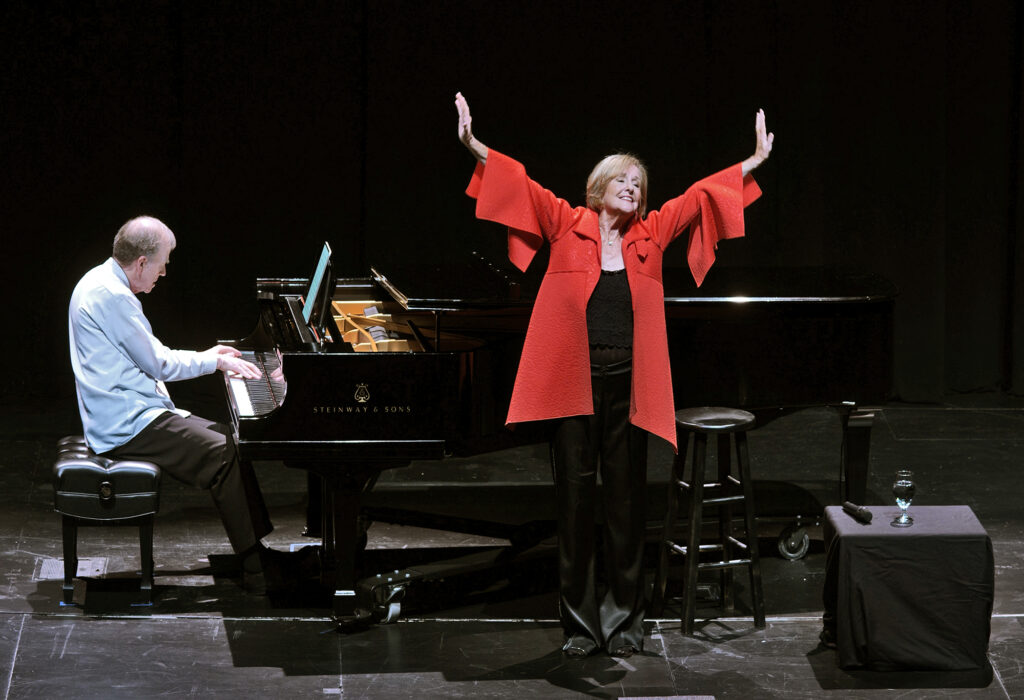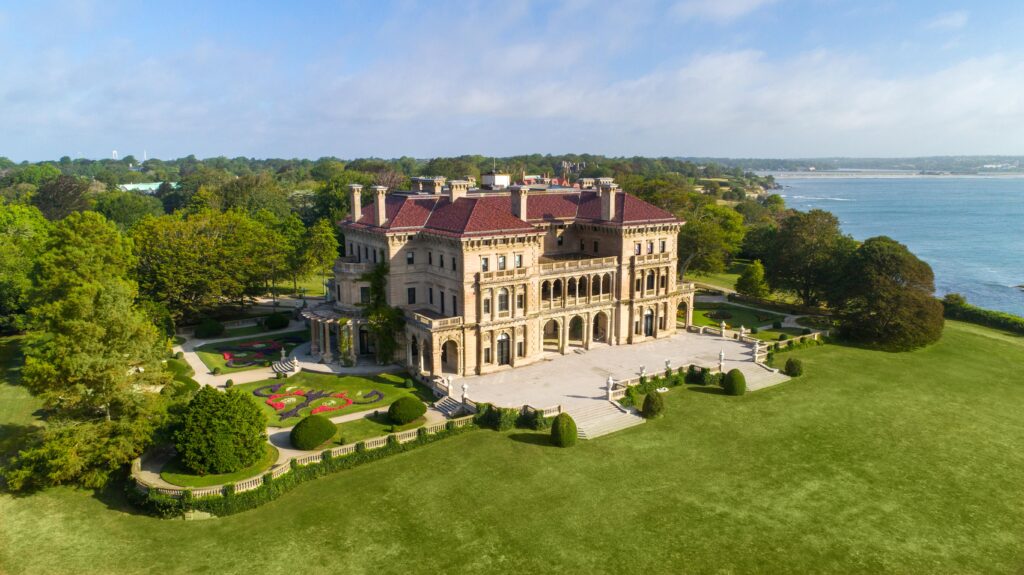In mid-1772, a British customs schooner, the HMS Gaspee, attempted to catch an American packet ship off the coast of Rhode Island. The Gaspee was led by one Lieutenant William Dudingston, hated among Rhode Islanders for his strict enforcement of the Navigation Acts. In the case of Dudingston, rather than “enforcement,” the locals might have used the word “harassment.”
During the chase, the Gaspee ran aground. Stuck on a sandbar, and hence vulnerable, the Gaspee became the target of a group of Providence men, many of them Sons of Liberty. Assembled via the town crier, the patriots rushed toward the ship. The crew attempted to resist, but it was no use. Dudingston himself was shot and wounded, and his ship was burned down to the waterline.
British authorities tried to get the colonial perpetrators of the “Gaspee Affair” extradited to England to stand trial for treason, but the government couldn’t figure out who they were. Even a large reward failed to produce the names. But the Affair had only just begun to run its course.
A Baptist minister named John Allen, a recent arrival from Britain, while preaching in Boston at the end of that year, invoked this incident in his December 3 sermon, entitled “An Oration on the Beauties of Liberty.” Subsequently printed as a pamphlet, this sermon became a best-seller throughout the colonies. The question Allen posed was: Do the Rhode Islanders who destroyed the Gaspee receive their Laws from England?
“O! Amazing!” Allen reflected. “I would be glad to know what right the King of England has to America. It cannot be an hereditary right…; it cannot be a parliamentary right that lies in Britain, not a victorious right, for the King of England never conquered America. Then he can have no more right to America than what the people have, by compact, invested him with, which is only a power to protect them and defend their rights, civil and religious; and to sign, seal, and confirm as their steward such laws as the people of America shall consent to.”
And if this be the case, Allen thundered, “then judge whether the King of England and his ministry are not the transgressors in this affair in sending armed Schooners to America to steal by power and sword the people’s property.”
The message was clear: The British king hadn’t inherited America as some personal property; he’d never conquered it, and the power of Britain’s Parliament lay in Britain, not in the colonies. Rhode Island’s people were free, their rights were enshrined in their charter, and their laws originated in their own assembly. Who, then, was the true aggressor?
Five ‘Observations’
Allen’s “Oration” was built around five observations.
First: that “a craving, absolute Prince, is a great distress to a people.”
Second: that when the three branches of government, “king, judges, and senates unite to destroy the rights of the people by a despotic power… the destruction of the people’s rights is near at hand.”
Third: that “an arbitrary despotic power in a prince, is the ruin of a nation, of the King, of the crown, and of the subjects,” and that neither the King of England nor the Parliament of England can “justly make any laws to oppress or defend the Americans” because “they are not the representatives of America.”
Fourth, Allen channeled his inner John Locke:
“THAT it is not rebellion, I declare it before GOD, the congregation, and all the world, and I would be glad if it reached the ears of every Briton, and every American; That it is no rebellion to oppose any king, ministry, or governor, that destroys by any violence or authority whatever, the rights of the people. Shall a man be deem’d a rebel that supports his own rights? It is the first law of nature, and he must be a rebel to GOD, to the laws of nature, and his own conscience, who will not do it.”
And fifth: “That when the rights and liberties of the people are destroyed, it is commonly by the mischievous design of some great man,” who Allen wisely did not specifically mention by name.
These were radical sentiments—and tens of thousands of Americans read them enthusiastically. According to American Founder John Adams, by mid-1773, patriots like James Otis Jr. were regularly reading Allen’s “Oration” to “large Circles of the common People.”
In his “Oration,” Allen insisted on something Americans must remember today:
“A right to the blessing of freedom, we do not receive from Kings, but from Heaven, as the breath of life and essence of our existence, and shall we not preserve it, as the beauty of our being? Do not the birds of the air expand their wings? the fish of the sea their fins? and the worm of the earth turn again when it is trod upon? And shall it be deem’d rebellion? Heaven forbid it! … It is no more rebellion, than it is to breathe.”
Dr. W. Kesler Jackson is a university professor of history. Known on YouTube as “The Nomadic Professor,” he offers online history courses featuring his signature on-location videos, filmed the world over, at NomadicProfessor.com













